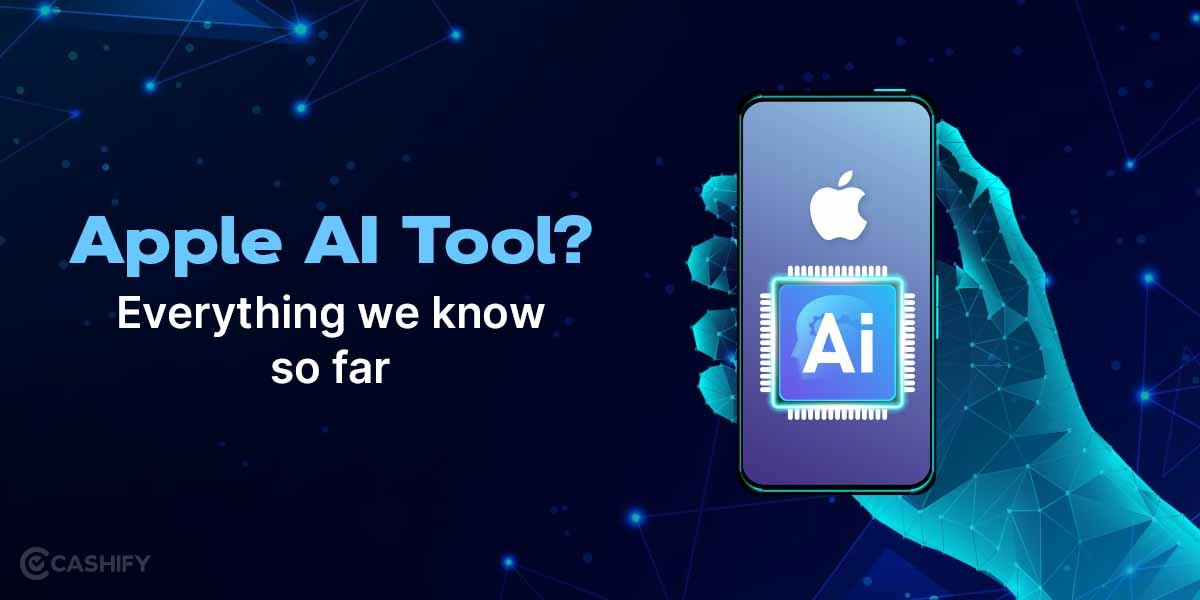In a surprising move to divert attention from its $10 billion investment in OpenAI, Microsoft has pointed fingers at Google, accusing the tech giant of holding an unfair advantage in generative artificial intelligence (AI).

This accusation comes despite Microsoft’s significant involvement with OpenAI, which is perhaps the biggest AI player today. It should be noted that Microsoft has access to all of OpenAI’s LLMs and other AI models, which have consistently proven to be a better product than Google’s Gemini AI.
Microsoft’s claims surfaced during discussions with EU antitrust regulators. They argued that Google, backed by Alphabet, has gained a competitive edge in generative AI due to its vast reservoir of data and specialized AI chips.
This highlights the ongoing rivalry between the two tech titans.
Microsoft’s remarks were prompted by an inquiry initiated by the European Commission earlier this year into competition within generative AI.
Generative AI has surged in popularity. Technologies like Microsoft’s ChatGPT and Google’s Gemini chatbot are prime examples. However, concerns have emerged regarding the potential for misinformation and fake content.
Microsoft emphasized Google’s unique position, asserting that the company’s self-supplied AI chips and access to extensive proprietary data from platforms like Google Search and YouTube provide it with a substantial advantage.
According to Microsoft, Google’s access to a staggering 14 billion videos on YouTube offers unparalleled resources for training its AI models, a luxury not available to other developers.
Moreover, Microsoft highlighted Google’s and Apple’s dominance in the field of AI-powered voice assistants, such as Google Assistant and Apple’s Siri. Microsoft argues that these established players are primed to maintain their leadership positions in generative AI, leaving little room for newcomers.
In light of its investments in OpenAI, Microsoft sought to allay concerns about potential antitrust issues arising from collaborations between industry giants and startups. It pointed to various startups, like Anthropic, Mistral, and Cohere, which have secured investments from major players such as Google, Amazon, Microsoft, Salesforce, and NVIDIA.
Microsoft advocated for fostering pro-competitive partnerships in the AI sector to prevent monopolistic practices and ensure a level playing field.
As regulators delve into Microsoft’s more than $10 billion investment in OpenAI, the debate over fairness and competition in AI development continues to evolve, with implications reaching far beyond the tech industry.









